Insect Resistance Management —— Biology, Economics, and Prediction
----- 抗虫管理:生物学、经济学与预报
Insects, mites, and ticks have a long history of evolving resistance to pesticides, host-plant resistance, crop rotation, pathogens, and parasitoids. Insect resistance management (IRM) is the scientific approach to preventing or delaying pest evolution and its negative impacts on agriculture, public health, and veterinary issues. This book provides entomologists, pest management practitioners, developers of new technologies, and regulators with information about the many kinds of pest resistance including behavioral and phenological resistance. Abstract concepts and various case studies provide the reader with the biological and economic knowledge required to manage resistance. No other source has the breadth of coverage of this book: genomics to economics, transgenic insecticidal crops, insecticides, and other pest management tactics such as crop rotation.Dr. David W. Onstad and a team of experts illustrate how IRM becomes efficient, effective and socially acceptable when local, social and economic aspects of the system are considered. Historical lessons are highlighted with new perspectives emphasized, so that future research and management may be informed by past experience, but not constrained by it. It is the first book in 15 years to provide the history and explore aspects of a variety of stakeholders. Contributors include experts on ecological aspects of IRM, molecular and population genetics, economics, and IRM social issues. Biochemistry and molecular genetics of insecticides is presented with an emphasis on past 15 years of research including Cry proteins in transgenic crops. It encourages scientists and stakeholders to implement and coordinate strategies based on local social conditions.
{{comment.content}}
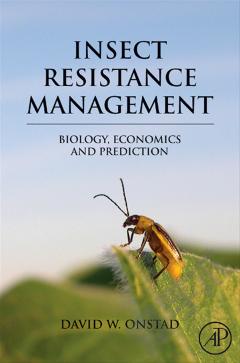
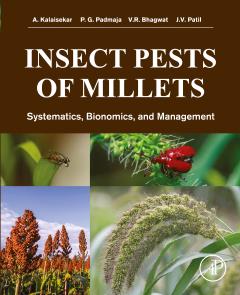
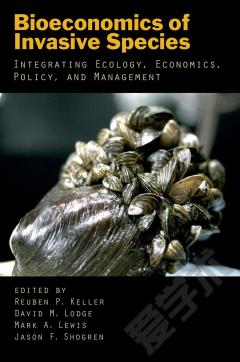
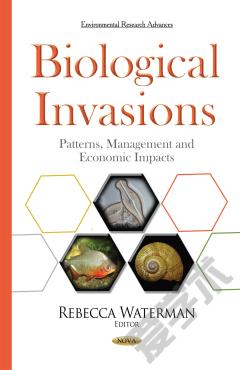
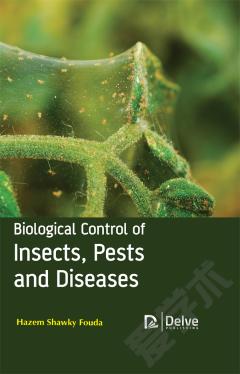
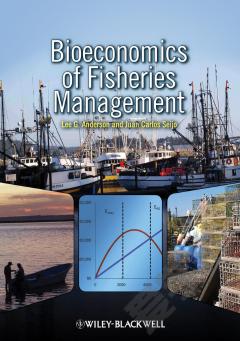
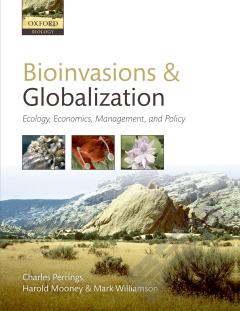

 京公网安备 11010802027623号
京公网安备 11010802027623号